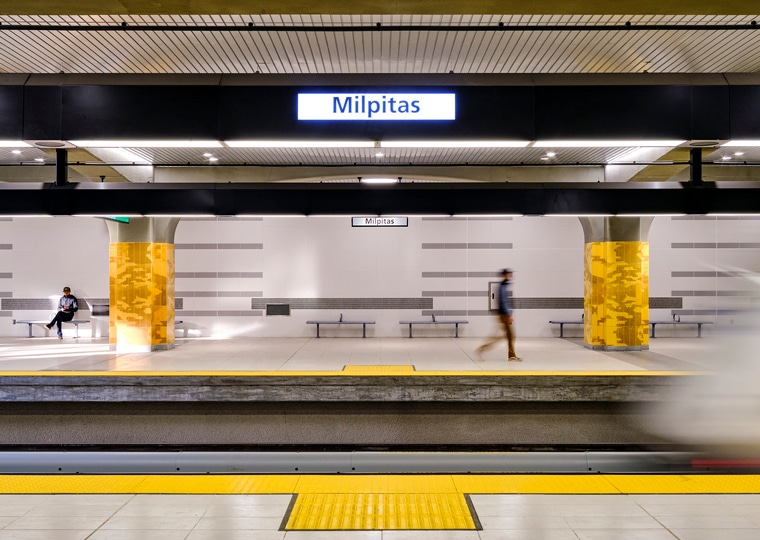The pandemic’s effects on the country’s employment landscape run extraordinarily deep. Pre-pandemic, the percentage of full-time telecommuting employees in the U.S. was 17 percent. As the pandemic shut-down blows past its one-year anniversary, 52 percent of the nation’s workers continue to work remotely full- or part-time.
Although an obituary for the traditional workplace is premature, many Americans are continuing to work remotely or returning to the office on a part-time basis. Businesses are now faced with creating workspaces for employees who will be returning in-person, while also integrating hybrid work models that maintain employee engagement and productivity.
Immediately following the onset of the pandemic last year, Boston’s Real Estate COVID Consortium (BRECC) was founded. BRECC, led by STV, is comprised of a multidisciplinary team of real estate professionals, firms, and industry leaders working together to create a pool of knowledge that will assist clients during the pandemic and beyond. Among the consortium’s accomplishments was a series of publications sharing best practices for employers and employees who were adapting to the spread of COVID-19.
The series has since been compiled into a comprehensive “Return to Work Toolkit,” focusing on such vital topics as cleaning protocols, due diligence at construction sites, and changes in real estate operations.
Since then, STV’s client support services have further evolved. Rather than focusing on triaging the immediate needs that presented themselves last year, the firm’s toolkits are now helping employers transition into “the new normal” and address the cultural shifts brought about by the pandemic. That includes shining a light on how employers can implement modern and agile changes for hybrid workplaces.

“Many of our clients need help reevaluating the use of their office spaces, since so much of the workforce has pivoted toward a more permanent remote work policy,” said Denise Pied, PMP, vice president and project executive. “We’re guiding the corporate sector to maximize flexibility while nurturing teamwork.”
The firm’s toolkits informed the development of a webinar series featuring thought leadership from the industry, as well as technological solutions to support ongoing real estate changes. The first webinar in the series took place this past January.
As hybrid models become more popular, the project team is assisting with initiatives that address digital equity, space management, and maintaining employee culture in ways that are safe, collaborative, and legally compliant.
“This means everything from apps that track cleaning protocols, indoor air quality, and space utilization data, to hybrid office design models and change management strategies,” Pied said. “Each client’s needs are different, so we’re mapping out individual solutions for each organization’s mission and long-term business goals.”
The team also surveyed its clients’ employees to quantify how the pandemic’s impacts to work habits have affected HR policies, office utilization, technology, and work culture. That information is being used to map new office requirements, create tailored employee communications, and advise on employee policies.
Invariably, mental health and wellness must be taken into consideration as the nation recovers. Offices can be outfitted with outdoor meeting and social spaces that connect people to nature, reduce stress, and encourage exercise. Creative visual displays, immersive remote gym experiences, and mood setting scenery also connect people to nature even while indoors.
The firm is advising clients on the use of architectural elements to divide spaces and provide privacy, flexibility, and opportunities for collaboration. Implementing sign-in systems (similar to those used in hotels) for reserving and cleaning phone pods, gym spaces, dining areas, and other shared spaces prevents the spread of germs.

Solutions that address video collaboration fatigue, as well as the best ways to thoughtfully integrate upgraded cyber security measures, outdoor spaces for employees, and low/no-touch wireless automation features, are also being incorporated into multiple projects
“COVID-19 was and is a crisis unlike anything we’ve experienced before,” Pied said. “At the height of the pandemic, and looking ahead, STV is investing in research to help our clients move forward and hit the ground running with the future in mind.”






